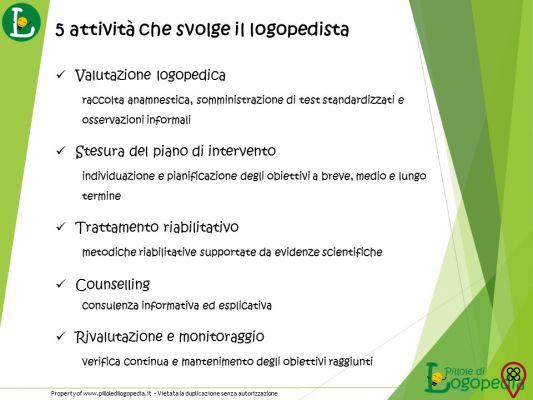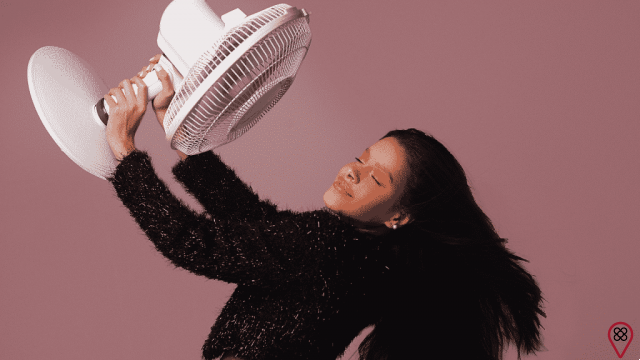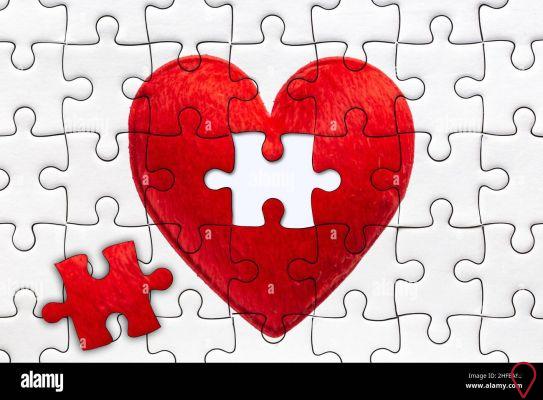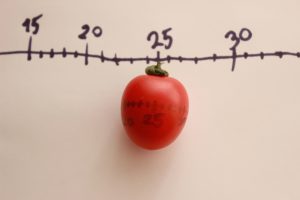Many believe that the Unconscious is an invention or discovery by Freud, but both positions are wrong, because what the great father of Psychoanalysis did was to find a way to reveal the content that is in the unconscious.
Freud drank a lot from Schopenhauer's source when it comes to his trajectory as a thinker and student of the ways in which the human being acted in different situations. An example would be what Schopenhauer called Will (desire), which Freud called Libido and thus there was an integration of ideas.
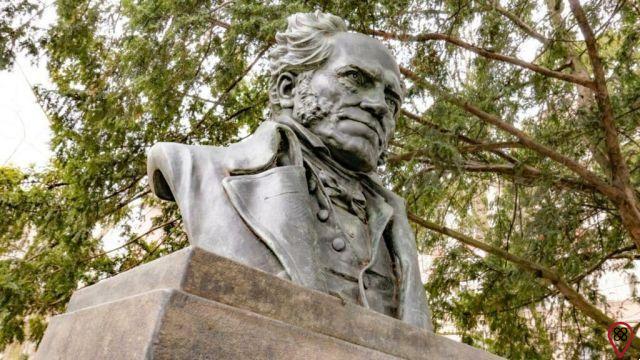
What is in the unconscious is what we desire, so Freud develops a way to access this desire in its entirety, and not just through smokescreens. For this, it was necessary to analyze, speak and perceive oneself in all possible and necessary faces.
This desire is revealed in many ways that, if we are attentive, we can identify, among them, dreams, touches, slips, impulsive repetitions, self-sabotage…
An example of how the unconscious acts in a subtle way, especially when it comes to Self-Sabotage, is that wrong email, lack of memory, laziness. All of this seems and is subjective, but if, in analysis, you talk about these issues, you will probably find that there is a reason why the feeling of nothing goes right, or a barrier between you and your accomplishments, part of unconscious actions to deprive you. of something.
“The unconscious is a set of effects and hypotheses that reapply to those effects” — Dunker.
The unconscious is not a matter of belief, it is not a question of “should I believe it exists”?
It is a psychic observation, and as we have already seen, it manifests itself, becomes real to the same extent that we see it as much as we ignore it, there is no escape.
Roughly speaking, our psychic structure is constituted between place and content, according to Freud, thus:
- 1st Topic (topographic)
- Unconscious
- Pre-conscious
- Aware
- 2nd Topic (Structural)
- Id
- Ego
- Superego
In this way, we cannot blame 100% on the unconscious, after all, it is part of us, so using it as a crutch would be a mistake. We often see phrases like:
“I was not aware”

“He is out of his mind”
These statements could be taken seriously if there were any serious pathology involved. Otherwise, the villain is ourselves; the unconscious is mutable, therefore, we with it.
Freud, in one of his works, “Beyond the Pleasure Principle”, leaves an important key, which is the possibility of having pleasure in pain, at least while we are talking about it. In this case, when talking to soldiers, he imagined that they would not want to talk about the traumas of the war, however, some surprised him just talking about them, and not being able to talk about another subject.
Freud then understood that there was so much pain repressed in that mind, that the only way out was to talk about it without induction so that the patient himself could follow and "cure". Thinking about us and each one in their reality, this makes perfect sense, because a well-done analysis is one that has commitment and willingness to both traumas and achievements.
You may also like
- Explore the world in your unconscious
- Understand the effects hypnosis can have on you
- Follow 10 steps to control your subconscious
The unconscious is there, it is here, and it will continue to be for all time. What we need is to ally ourselves with it, because it also has the role of protecting us - maybe not as we would like, but that, in analysis, you manage to give a new meaning; this is real chance.
"As long as you don't become conscious, the unconscious will dominate you and you will call it destiny" — Jung.



